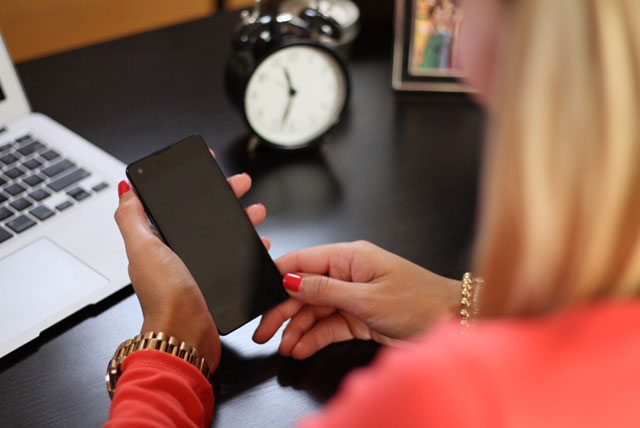
Blog
Mistakes that Hinder Your Productivity
There seems to be no shortage of online advice when it comes to becoming more productive. While there are certainly many tools that can help you get more done, you should also avoid mistakes that hinder productivity. Some common mistakes people make that can result in getting less done include multi-tasking, having unrealistic goals, or not taking breaks.

What is productivity?
Productivity can be defined as the efficiency of production. Productivity in business is often calculated by examining the output in relation to the amount of effort and resources required to achieve this.
Technological advances have done much to increase productivity in the workplace. For example, cloud computing, email, artificial intelligence, and automatisation have meant that businesses can get more done using fewer resources.
5 Mistakes that Can Negatively Impact on Your Productivity
Some technological advances have also created hindrances to productivity. Let’s look at some of them and find out what you can do to avoid mistakes that hinder being productive at work.
1. Now allowing any distractions
It may seem that distractions would be the main factor that impacts on your productivity. Of course, being constantly distracted will mean that you get less done. However, you need to allow yourself to be distracted at certain times to maximise your productivity.
For example, try the Pomodoro technique to get more done in the same number of hours at work. This involves working for 25 minutes without distractions and then taking a 5-minute break. During the 5-minute break, allow yourself to check out social media, surf the web, or anything else to distract you from your job. Then continue with your work. After 4 such episodes, take a break for 15 minutes before starting again.
2. Setting unrealistic goals or expectations
Many make the mistake of setting unrealistic goals which ultimately impact on their productivity. For example, it may sound like a great goal to get more done in the day. However, you may have to work around personal issues that make demands on your time.
So, even if you have a busy work schedule, you need to plan your day to allow for some flexibility. If you start getting stressed because you’ve got so much to do and not enough time, you will end up getting much less done.
3. Multitasking
Avoid the mistake of thinking that you can get more in the same space of time by combining tasks. Usually, multitasking results in an inefficient use of time because it’s not possible to fully concentrate on two jobs at once.
Research published by the Aalto University in 2017 found that multitasking can reduce productivity by up to 40%. Researchers found that the brain works more efficiently when it concentrates on one task at a time. Multitasking can lead to increased stress, problems concentrating, and memory impairment – all of which impact on productivity.
4. Procrastination
Putting off harder tasks until a later time also negatively impacts on your effectiveness at work. Sometimes, if you have a challenging task, it can be tempting to avoid procrastinating and fill your time up with smaller, less important ones.
Each person is different; so, it’s important to analyse when you are at your most productive and then tackle challenging tasks at that time. For most people, getting hard tasks done at the start of the day frees up a lot of time to concentration on smaller tasks.
5. Not delegating
Some team leaders make the mistake of trying to do too much themselves and in the end get less done in the day. Being productive doesn’t mean that you get more done because you are the best person for the job. So, you need to learn how to delegate.
Even though delegating tasks may mean that they initially take longer to get done, in the long run, delegating tasks will free up valuable resources so you can become more productive.
Also, it’s important to take advantage of new technology to automate repetitive, time-consuming tasks.
Photo by Charlz Gutiérrez De Piñeres on Unsplash
Recent Posts
-
Working From Home — Ultimate Security Tips for a Safe Home Office
-
Unexpected Ways Stress Affects Your Body
-
The Worst Mistakes to Make When Working from Home
-
The Undeniable Worst Mistakes to Make in a Meeting
-
The Top 6 Myths About Leadership Debunked
-
The Best Apps for Busy Professionals
-
Is Telecommuting the Answer to Work-Life Balance?
-
The Importance of Career Goals to Boost Success at Work
-
The Shocking Dangers of Workplace Burnout
-
How to Restart Your Positive Emotions
























